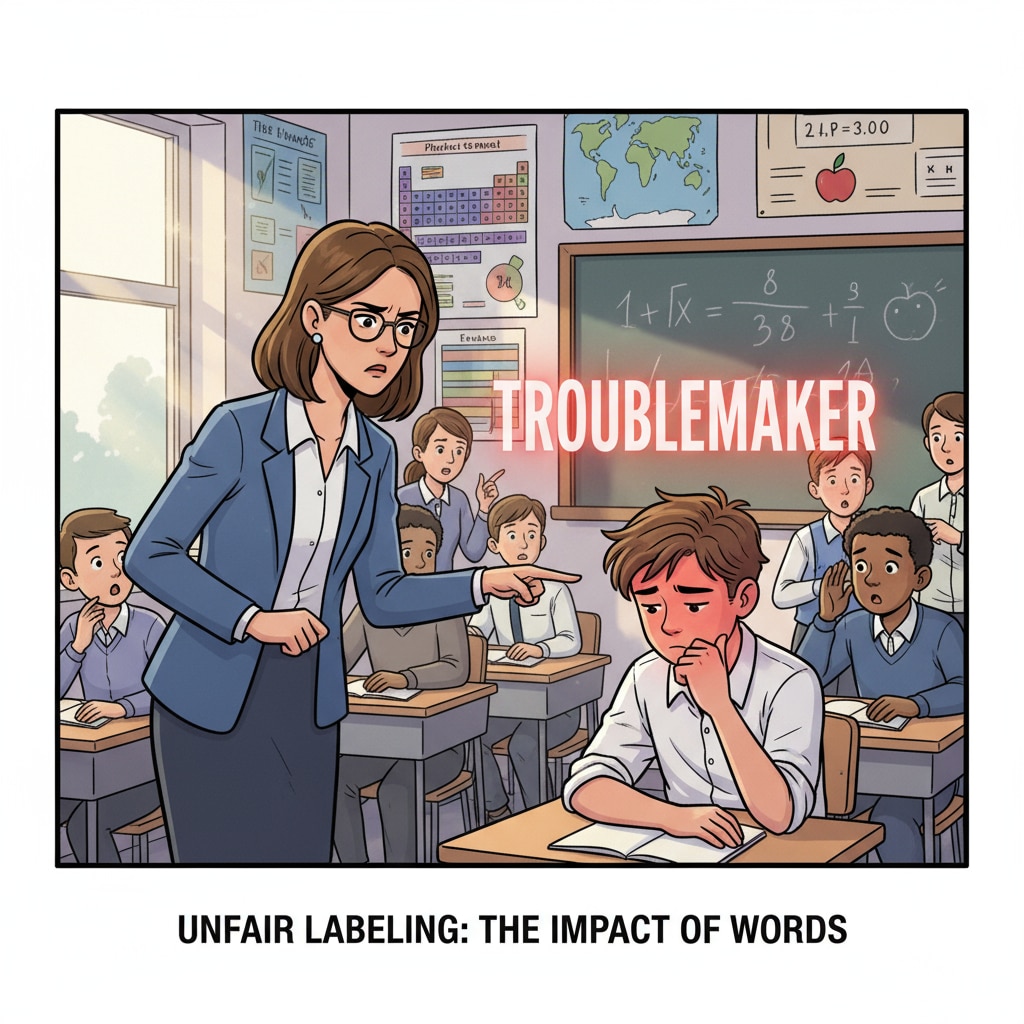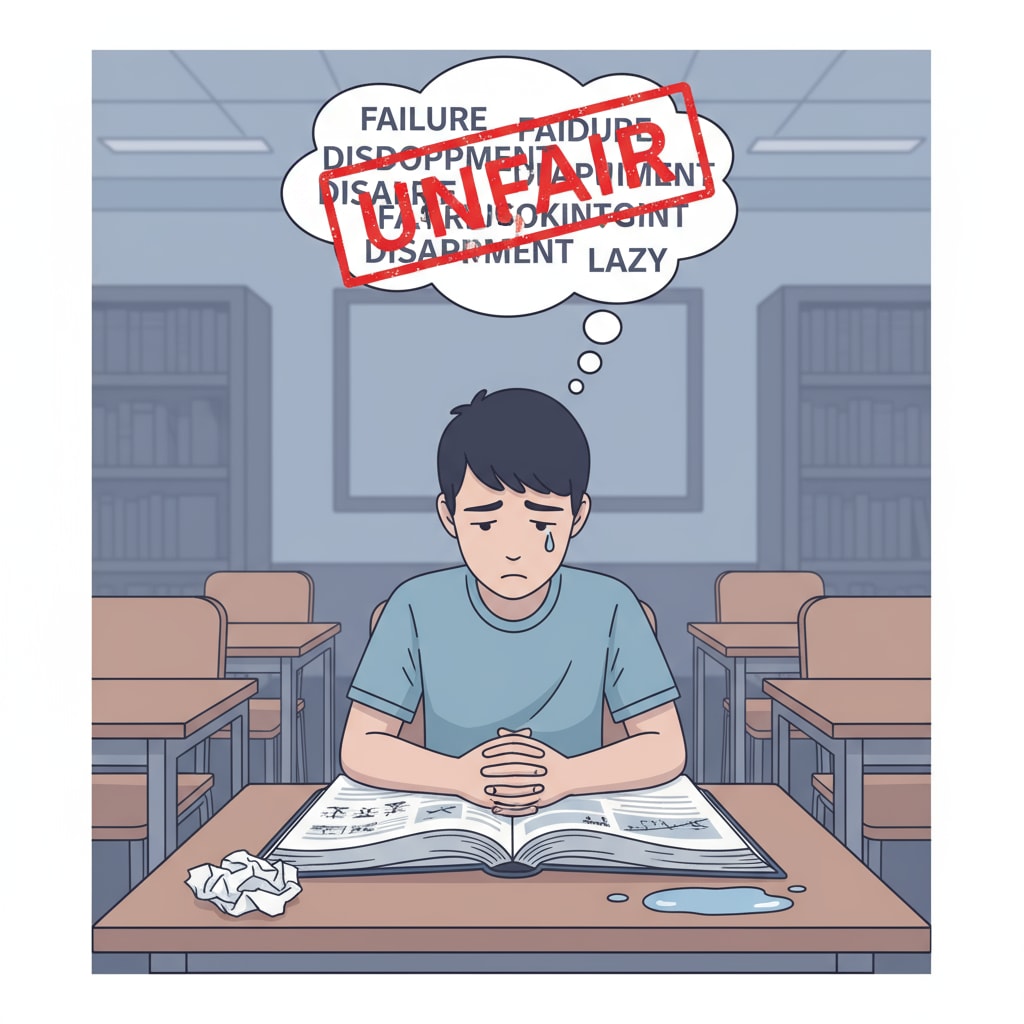School injustice, teacher discrimination, and negative labels are issues that have long plagued the K12 education system. In educational institutions, it’s disheartening to note that some teachers unfairly label students, which can have far-reaching consequences. This practice not only affects students’ immediate academic performance but also has long-term impacts on their psychological well-being and future development.

The Prevalence of Unfair Labeling
Unfair student labeling is more common than we might think. Teachers, often under pressure to manage large classes and meet academic targets, may make hasty judgments. For example, a student who is a bit talkative in class might be labeled as a “disruptive student” without considering the underlying reasons. According to the National Education Association, such mislabeling can occur due to a lack of proper training in understanding students’ diverse behaviors. This misjudgment can lead to a cycle of negative treatment, where the student is then singled out for more discipline, further affecting their self-esteem.
The Psychological Toll on Students
When students are given negative labels, the psychological impact is profound. They may start to believe these labels, leading to a decrease in self-confidence. A student labeled as “slow” may stop trying hard in class, thinking that they are not capable. As a result, their academic performance can decline significantly. The American Psychological Association has studied the effects of such labels on students’ mental health, showing that it can cause anxiety, depression, and a sense of hopelessness.

The long-term effects of these negative labels can follow students into adulthood. They may be less likely to pursue higher education or take on challenging career paths, having internalized the negative views of themselves from their school days. Teachers need to be more aware of the power of their words and labels, as they can shape a student’s future.
Readability guidance: In this article, we have seen how unfair student labeling by teachers is a prevalent issue. It has significant psychological impacts on students, both in the short and long term. By understanding these issues, educators can take steps to avoid such discriminatory practices and create a more inclusive and positive learning environment.


